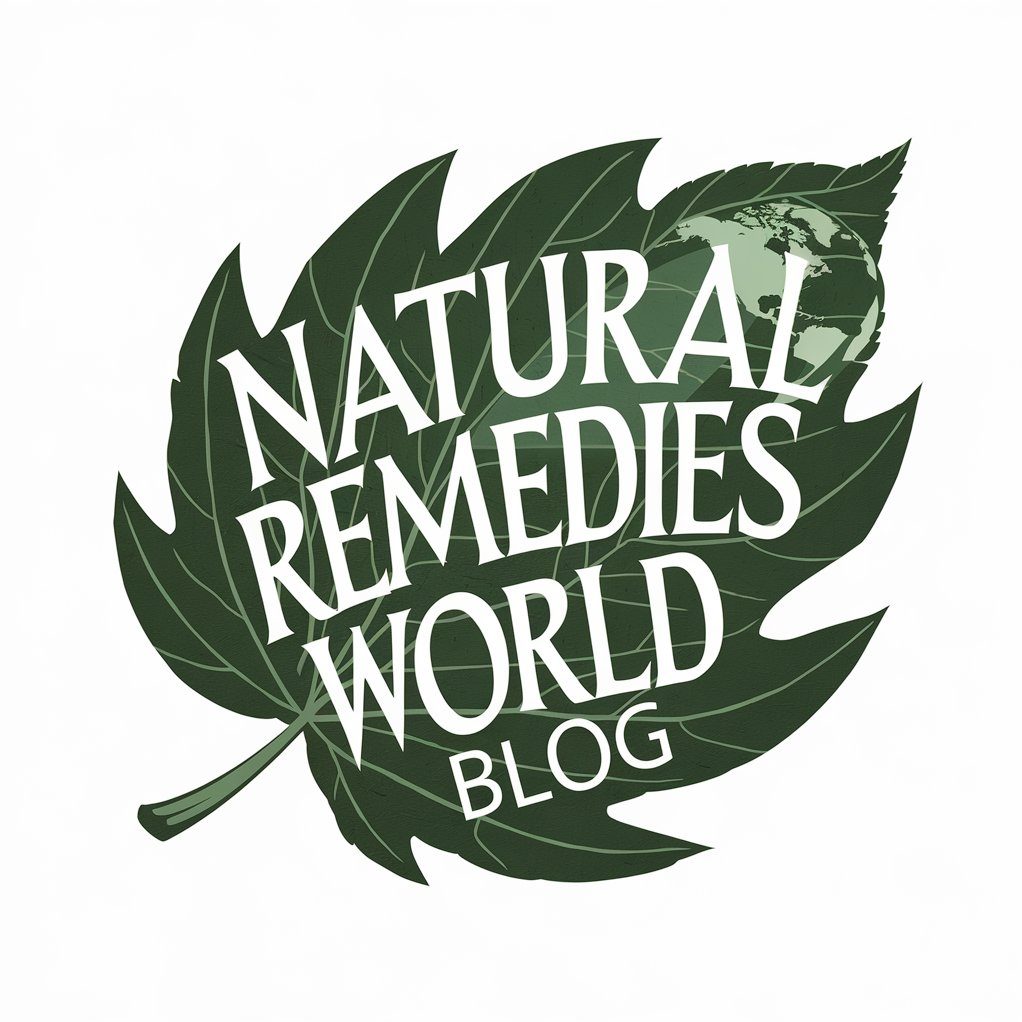Balance Your Hormones Naturally With This Ultimate Guide!
Balancing your hormones naturally starts with understanding the causes like stress, poor sleep, and dietary habits. Focus on eating healthy fats, whole grains, and colorful fruits and vegetables to support hormone production. Incorporating stress management techniques such as deep breathing and mindfulness can help regulate cortisol levels. Regular exercise boosts mood and improves insulin sensitivity. Additionally, consider holistic remedies like adaptogens and essential vitamins. Keep exploring to discover how to create a sustainable lifestyle for optimal hormonal health!
Understanding Hormonal Imbalance
Have you ever wondered what causes hormonal imbalances? Various factors can disrupt your body’s delicate hormonal balance.
Stress is a major culprit, triggering the release of cortisol, which can interfere with other hormones. Poor sleep patterns can also wreak havoc, as sleep is crucial for hormone regulation.
Environmental toxins, found in everyday products, may mimic or block hormones, leading to imbalances. Additionally, age plays a role; hormonal levels shift naturally over time, particularly during puberty, menstruation, pregnancy, and menopause.
Medical conditions such as polycystic ovary syndrome (PCOS) or thyroid disorders can further complicate matters.
Understanding these causes gives you a clearer picture of how to address your hormonal health effectively, paving the way for better balance in your life.
Dietary Modifications for Hormonal Health
Hormonal health can often be improved through thoughtful dietary choices. By focusing on what you eat, you can help balance your hormones naturally.
Here are three dietary modifications that can make a difference:
-
Incorporate healthy fats: Foods like avocados, nuts, and olive oil can support hormone production and regulation.
-
Choose whole grains****: Opt for brown rice, quinoa, and oats to stabilize blood sugar levels, which is crucial for hormonal balance.
-
Eat plenty of fruits and vegetables*: A colorful variety provides essential vitamins and minerals that promote *hormonal health.
Making these changes can significantly impact how your body functions.
Start small, and you’ll likely notice improvements in your overall well-being!
Stress Management Techniques
Stress management is crucial for maintaining hormonal balance, and there are several effective techniques you can incorporate into your daily routine. Here are some methods to help you reduce stress and support your hormonal health:
| Technique | Benefits |
|---|---|
| Deep Breathing | Lowers cortisol levels |
| Mindfulness Meditation | Enhances emotional regulation |
| Journaling | Clarifies thoughts and feelings |
| Nature Walks | Boosts mood and reduces anxiety |
The Role of Exercise in Hormonal Balance
While you may not realize it, regular exercise plays a vital role in maintaining hormonal balance. Engaging in physical activity helps regulate hormones like insulin, cortisol, and even endorphins, contributing to your overall wellbeing.
Here are three key benefits of exercise for hormonal balance:
-
Reduces Stress: Exercise lowers cortisol levels, helping you manage stress more effectively.
-
Improves Insulin Sensitivity: Regular workouts can enhance your body’s response to insulin, reducing the risk of weight gain and diabetes.
-
Boosts Mood: Physical activity increases endorphins, which can improve your mood and combat feelings of anxiety or depression.
Incorporating exercise into your routine can lead to a healthier hormonal balance, making you feel more energized and emotionally stable.
Holistic Remedies and Natural Supplements
Finding balance in your hormones can often feel like a daunting task, but holistic remedies and natural supplements offer a promising path.
You might want to explore adaptogens like ashwagandha and rhodiola, which can help your body adapt to stress. Incorporating omega-3 fatty acids from sources like fish oil or flaxseed can support hormonal health, too.
Don’t forget about the power of herbal teas, such as spearmint or red clover, which may help balance hormones naturally. Additionally, magnesium and vitamin D supplements can play a crucial role in regulating your hormonal levels.
Creating a Sustainable Lifestyle for Hormonal Balance
Maintaining hormonal balance goes beyond just using supplements and remedies; it involves adopting a sustainable lifestyle that supports your overall well-being.
To achieve this, focus on these key areas:
-
Nutrition: Prioritize whole foods, healthy fats, and plenty of fruits and vegetables. They provide essential nutrients that aid hormonal regulation.
-
Exercise: Engage in regular physical activity. Aim for a mix of cardio, strength training, and flexibility exercises to keep your body balanced and energized.
-
Stress Management: Incorporate mindfulness practices like meditation or yoga. Reducing stress levels is crucial for maintaining hormonal harmony.
Frequently Asked Questions
How Long Does It Take to See Results From Natural Hormone Balancing?
You might start noticing changes in your body within a few weeks of natural hormone balancing. However, for more significant results, it often takes two to three months of consistent effort and lifestyle adjustments.
Are There Specific Foods to Avoid for Hormonal Health?
Yes, you should avoid processed foods, refined sugars, and trans fats, as they can disrupt hormone balance. Focus on whole foods, healthy fats, and plenty of fruits and vegetables to support your hormonal health.
Can Hormonal Imbalances Affect Mental Health?
Yes, hormonal imbalances can significantly affect your mental health. You might experience mood swings, anxiety, or depression due to fluctuations in hormones. It’s essential to address these imbalances for overall well-being and emotional stability.
What Symptoms Indicate a Hormonal Imbalance?
If you’re experiencing mood swings, fatigue, weight changes, irregular periods, or sleep disturbances, these could indicate a hormonal imbalance. It’s essential to pay attention to these signs and consult a healthcare professional for guidance.
How Do Environmental Factors Impact Hormone Levels?
Environmental factors like pollution, chemicals, and stress can disrupt your hormone levels. When you’re exposed to endocrine disruptors, it can lead to imbalances, affecting everything from mood to metabolism. Staying aware helps you mitigate these effects.





